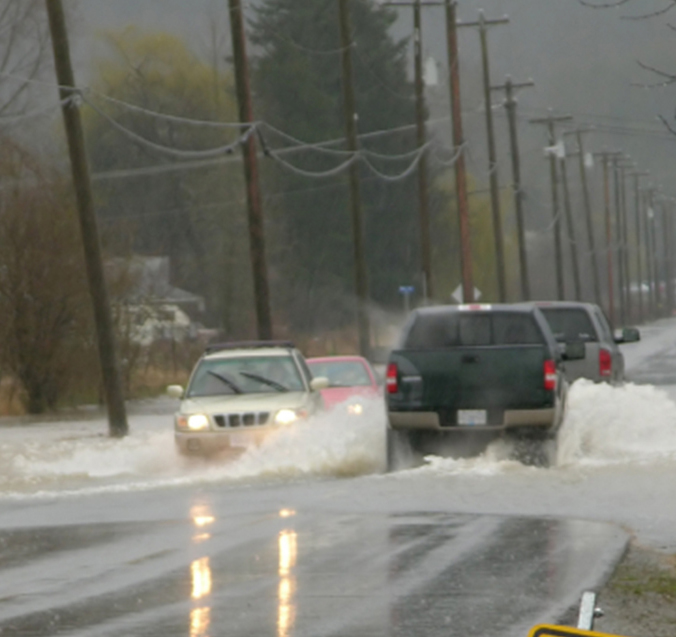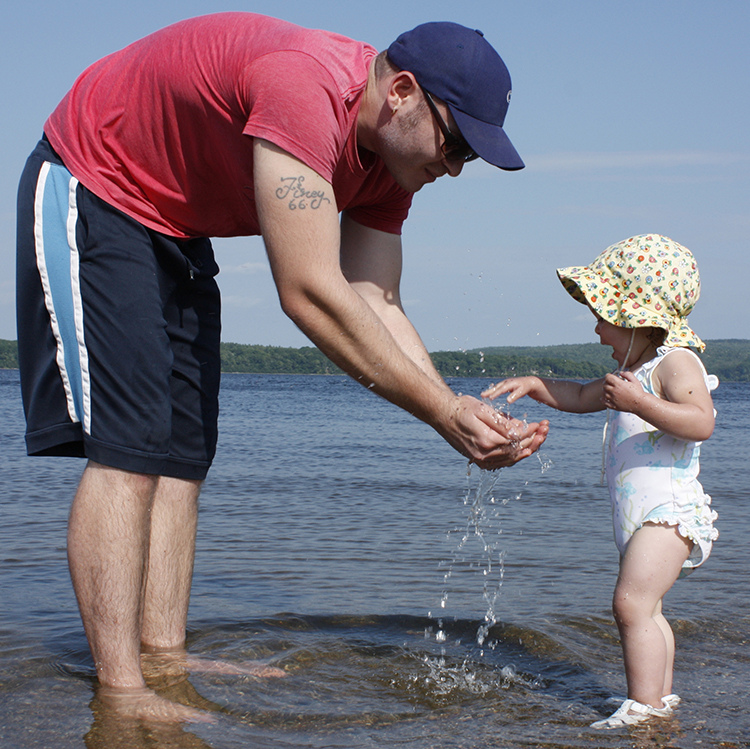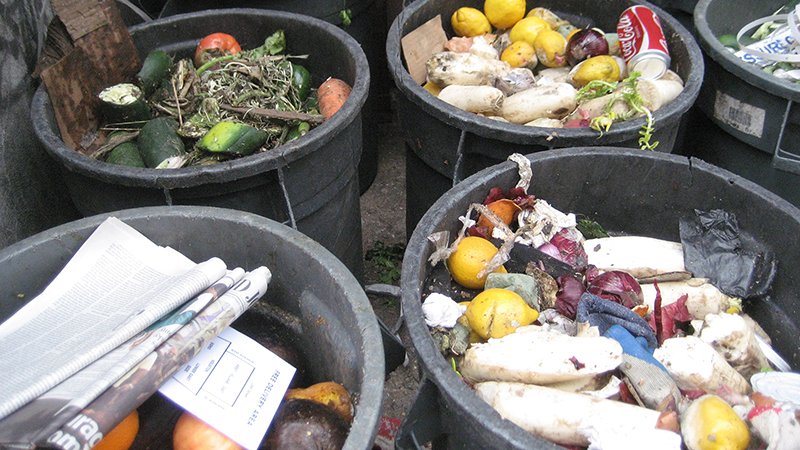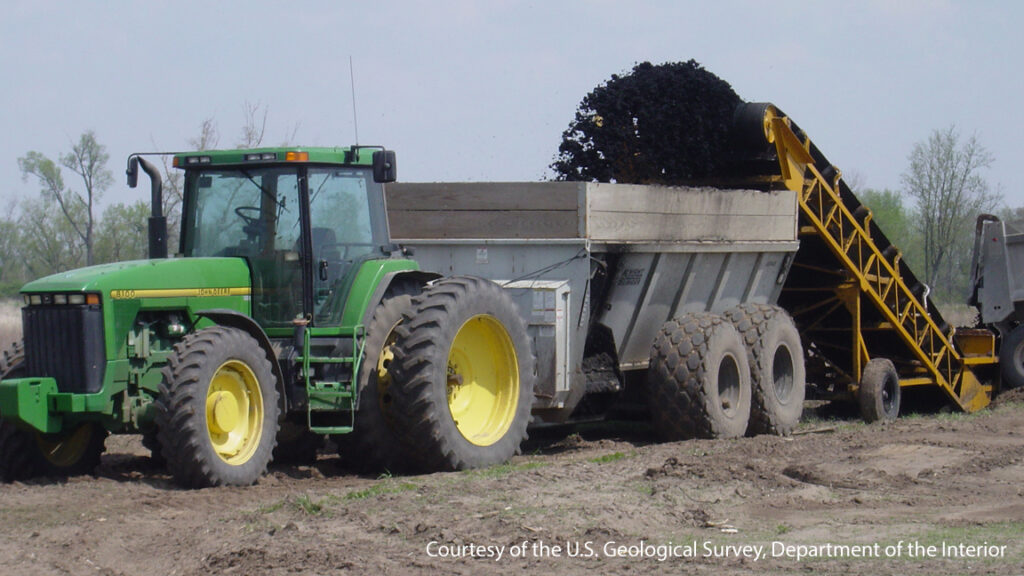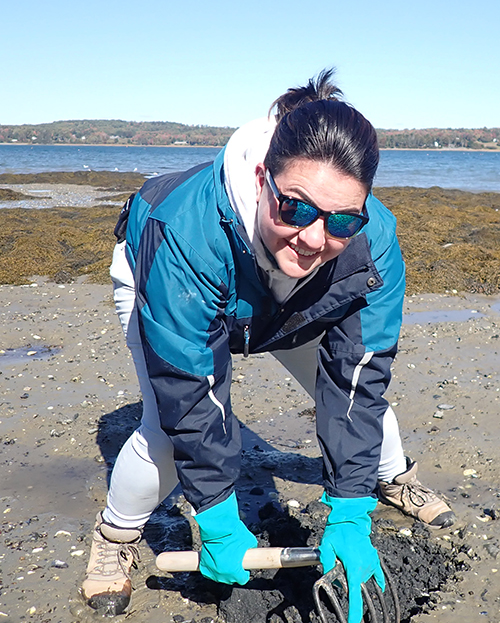Road to Solutions: Major Areas of Focus
The Road to Solutions
Maine and many other regions are facing complex challenges at the intersection of economic, environmental, and community issues. Concerns regarding the future of Maine’s towns and cities, energy supplies, fisheries, forestry, and tourism are all examples of problems that defy easy solutions.
For more than a decade, the Mitchell Center for Sustainability Solutions has been building its capacity for stakeholder-engaged, solutions-driven research that helps solve pressing problems. This approach draws from the field of sustainability science that seeks to create a brighter economic, social and environmental future by connecting diverse forms of knowledge and know-how to help society make informed choices. Working with partners representing government, citizens’ groups, business and industry, and non-governmental organizations, our projects are helping:
- Municipal officials, state legislators, and the waste management industry find better approaches to solid waste management that reduce the rate of landfill expansion and lower long-term costs to towns and taxpayers;
- Tribal communities prevent the spread of the emerald ash borer, an invasive forest pest that poses serious threats to the centuries-old traditions and livelihoods of Wabanaki basketmakers;
- State agencies, shellfish harvesters, and towns develop better ways to clean up and reopen clam flats closed due to degraded water.
The Mitchell Center is deeply committed to addressing the needs and concerns of diverse partners. We strive to promote open communication, mutual respect and trust because we believe they increase the potential for solving problems where multiple values and goals are often present. We have also demonstrated a unique ability to bring together diverse constituencies, listen to all sides, find common ground, and conduct credible, non-partisan analyses to assist in the development of effective policies and practices.
From Fort Kent to Kittery and Eastport to the Rangeley Lakes, teams of students and faculty with expertise in business, engineering, forestry, economics, communication, and many other fields have used our state as their laboratory. Rather than concentrating on theoretical situations in books or on the screen, our students gain hands-on experience working with local partners to expand economic opportunities, manage our natural resources, encourage entrepreneurship, protect our environment, and build resilient communities.
Since 2009, we have created opportunities for more than 600 students and over 160 faculty at institutions across Maine to learn while doing. Our vision is to accelerate the development of higher education networks that can inspire a new generation of engaged citizens by providing them with transformative experiences impacting lives and communities.
David Hart, Mitchell Center Director



